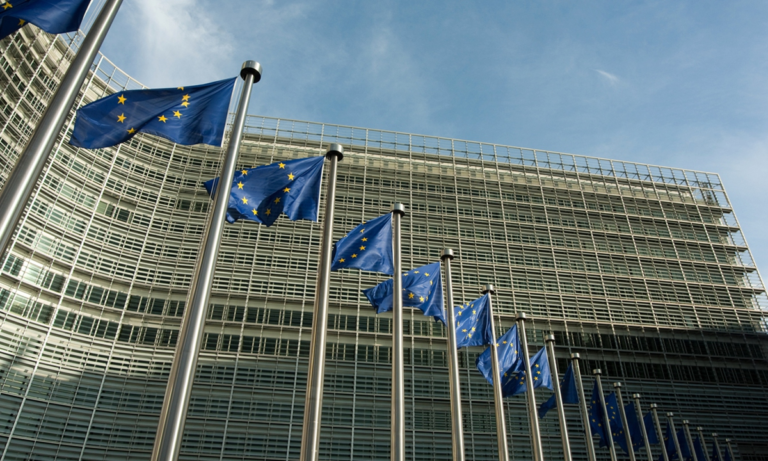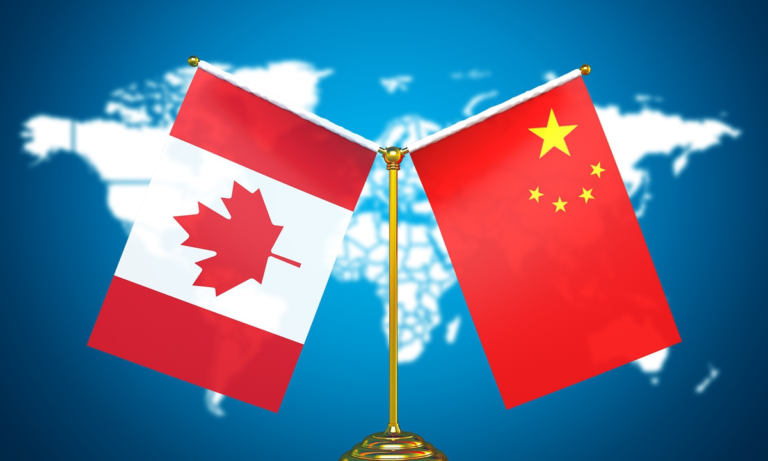
The Mukuba Express had been motionless for eight hours, stopped in a small village about 50 miles west of the Tanzania-Zambia border. “We will be going soon,” a mechanic had told me, but the locomotive was derailed and repair equipment was miles away.
I’d been aboard the train for two days, since I boarded the historic Tanzania-Zambia Railway (TAZARA) express train in the central Zambian town of Kapiri Mposhi. Despite the delay, life went on. Children played football at the side of the tracks, women sold mangoes, and dozens of cheerful passengers ate plates of fried greens and ugali in the restaurant car.
As I watched travelers, locals, and workers carry on around the stranded train, I thought about how railways in Africa have long been shaped by forces far beyond the passengers they serve. From colonial tracks to today’s foreign-funded megaprojects, railways have always been more than just transport; they have been instruments of influence, competition, and control.
The TAZARA is one of many railway projects constructed or financed in eastern Africa in the past 150 years by a foreign power. From the early stages of colonization to the present day, foreign investment has underpinned most rail infrastructure, providing not only well-needed transportation capacity but also a powerful vessel of foreign control. In recent years, non-African governments have poured billions of dollars of financing into African railway projects, competing for access to natural resources, political capital, and economic control.
In south-central Africa, an intense competition is unfolding: rivaling U.S.- and China-backed railway redevelopment projects have been proposed to unlock access to critical minerals in the copper- and cobalt-rich Democratic Republic of the Congo (DRC) and Zambia. The U.S.-backed project, the Lobito Corridor, is also supported by the European Union, and proposes a redeveloped railway running east from the port of Lobito, on Angola’s Atlantic coast, to Zambia’s copperbelt region, with a link to Kolwezi in the DRC. The project will rebuild the existing Benguela Railway, which runs along much of the same route.

The TAZARA station at Chozi, northeastern Zambia, shows the faded grandeur of the original railway infrastructure, while remaining an important commercial hub. Photo by Samuel W. Yankee.
The TAZARA, which stretches from Dar es Salaam on the Indian Ocean to Kapiri Mposhi in central Zambia, was built in the 1970s by China’s government to link Zambian copper ore exports to the Tanzanian port city, bypassing apartheid South Africa and Rhodesia. In September 2024, the Tanzania, Zambian, and Chinese heads of state signed a memorandum of understanding for the full concession of the TAZARA to the state-owned China Civil Engineering and Construction Corporation for redevelopment and management for a period of 30 years.





